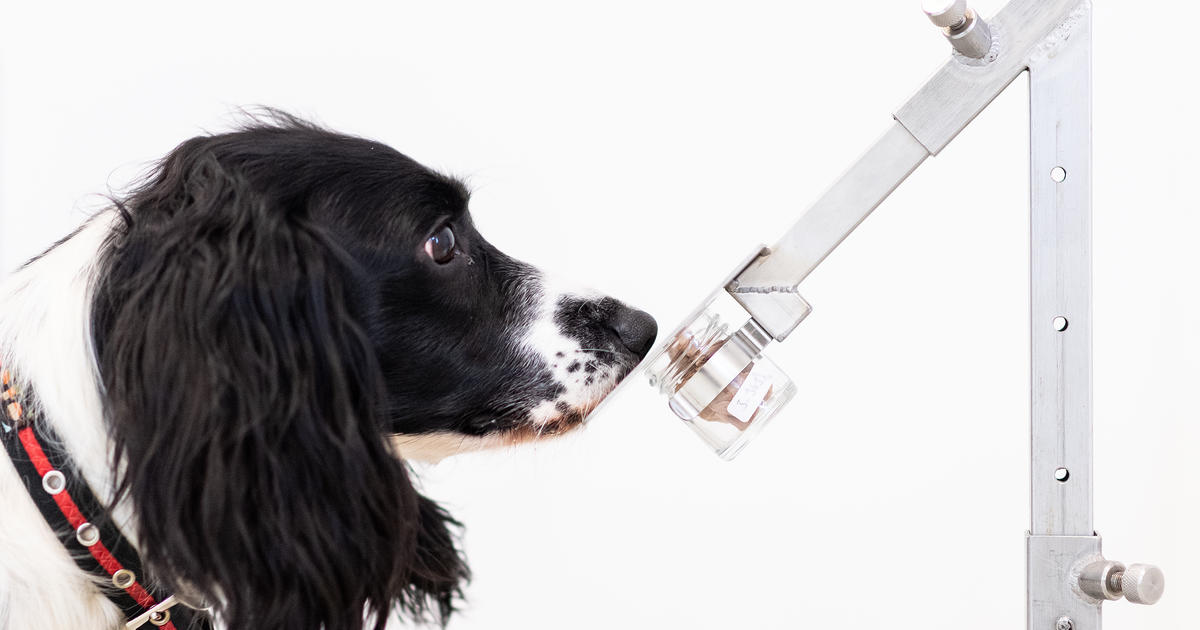
After a few days of training, dogs in Germany proved capable of Identifying people infected with COVID-19, according to the researchers. The dogs, part of a study by a veterinary university in Germany, were able to detect the coronavirus with astonishing precision.
According to the pilot study published Thursday in BMC Infectious Diseases by the University of Veterinary Medicine in Hannover, eight dogs from the German armed forces trained for just five days before they could identify the virus in humans. They sniffed the saliva of more than 1,000 people, both healthy and infected, identifying the coronavirus with a 94% success rate.
“We believe this works because the metabolic processes in the body of a sick patient completely change, and we believe that dogs can detect a specific odor from the metabolic changes that occur in those patients,” said Professor Dr. Maren Von Köckritz- Blickwede said in a YouTube video about the study on Thursday.
Dr. Holger Volk, another professor at the university, said that dogs have a sense of smell that is 1,000 times better than humans, so their potential within the medical field is enormous.
“We have known for a long time that dogs have been used in many walks of life, but for medical screening, it is a novel at the end of the day,” Volk said. “People haven’t really realized the potential a dog could have for detecting sick from non-sick patients.”
For the study, the dogs were trained using the saliva of people who tested positive for COVID-19 and the saliva or people who tested negative and had no history of respiratory disease. A random algorithm presented the dogs with saliva, totaling 1,012 samples. The trainers were amazed at how quickly the dogs trained.
The researchers said coronavirus-sniffing dogs could be used in public areas such as airports, sporting events, and borders to help prevent further outbreaks of the virus. They believe they have created a solid foundation for future testing.
Von Köckritz-Blickwede said the next steps will be to train dogs to differentiate between coronaviruses and other diseases, such as the flu.
“That would be important enough to be able to differentiate that in the future,” he said.
.